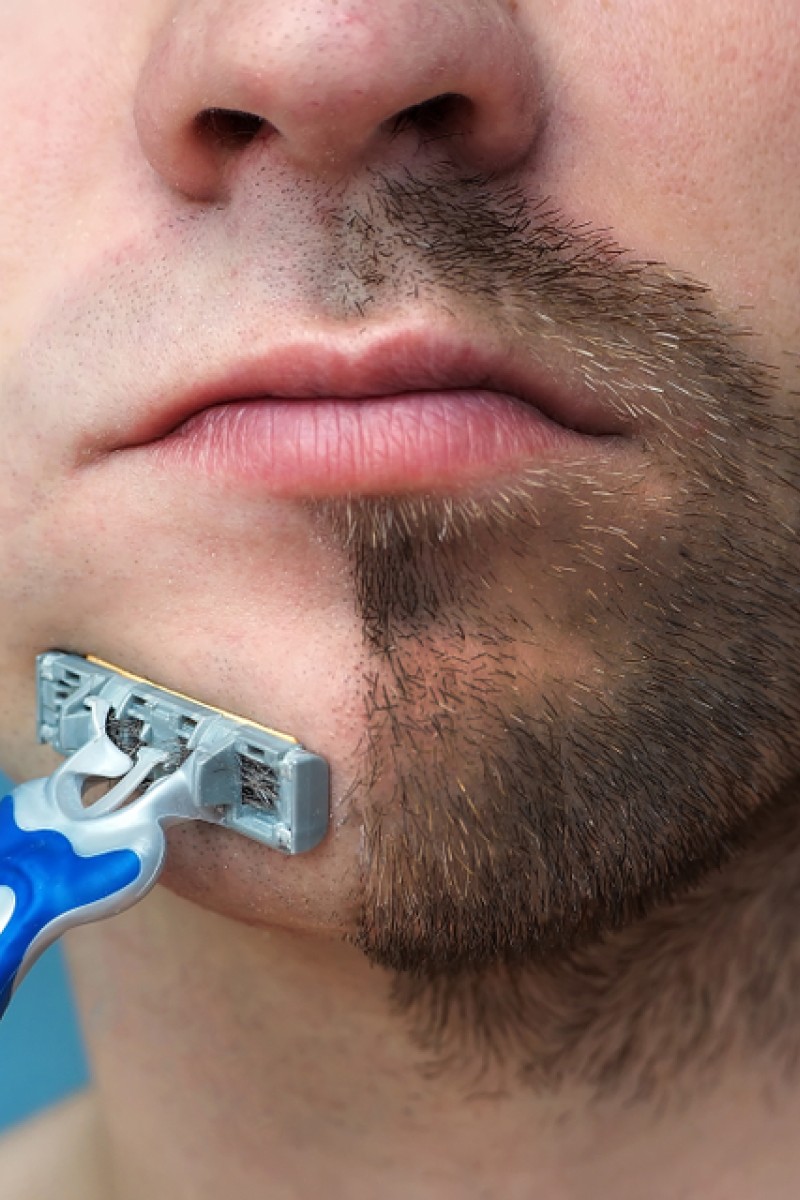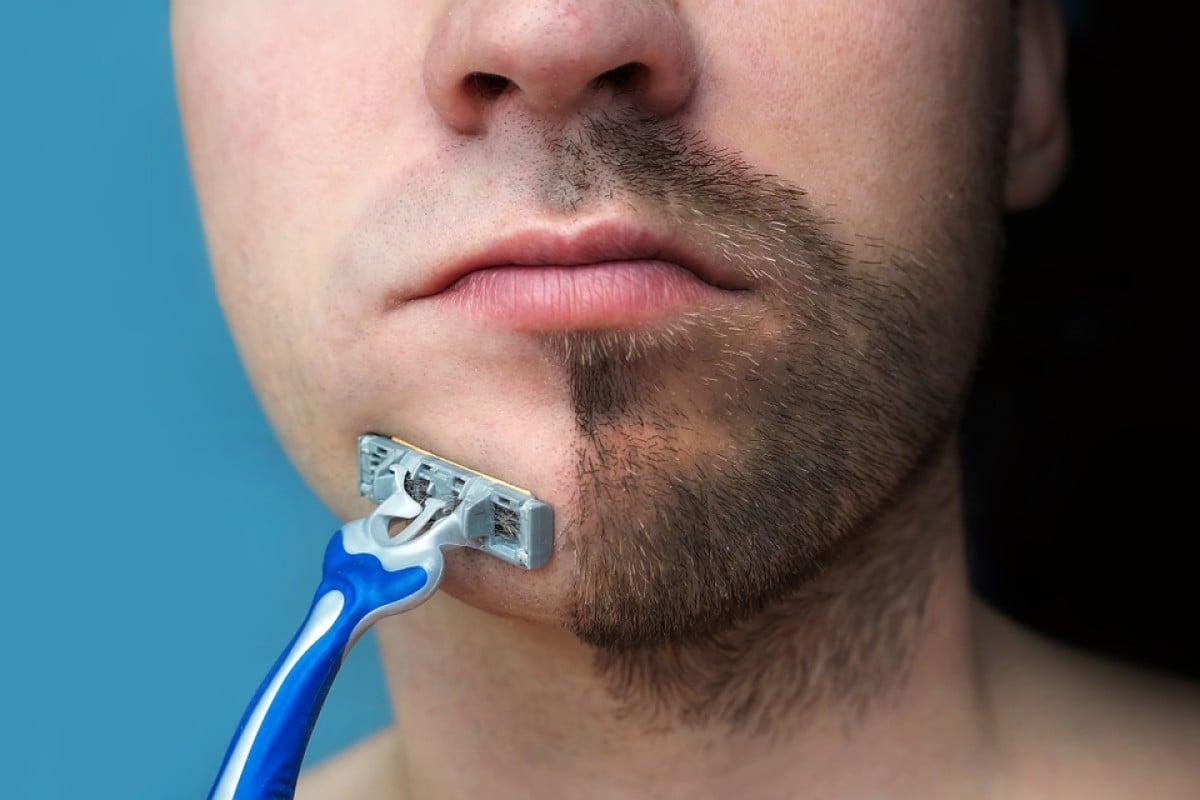
Let's be clear: Recognising toxic masculinity isn't saying that masculinity itself is toxic


Men are taught from childhood never to show their emotions, as that is not what “real men” do. They are expected to be strong, with displays of violence and “sexual conquests” dictating how manly they are. They are also not supposed to be victims of abuse.
This cultural idea is very damaging to both men and women, though for different reasons. Having to suppress their feelings, men end up being more vulnerable to mental health issues. In fact, according to the American Foundation for Suicide Prevention, there were 3.54 male deaths by suicide for every female suicide in 2017.
Recently, shaving brand Gillette released a new advertising campaign based on their slogan “The Best A Man Can Get”. The video aims to reshape the standards that society imposes on men and encourage men to be good role models for boys. From telling men to help end sexual harassment and bullying, to asking them to stop using the phrase “boys will be boys” to excuse bad behaviour, the advert touches on ways that men can be a better version of themselves. And yet, the video received immediate backlash.
It’s a disheartening reality; after all, isn’t the video simply asking men to help hold other men accountable for their behaviour? What is wrong with that?
Many viewers expressed their disagreement with the message of the ad, and vowed to boycott all Gillette products. Some in fact flipped the message and argued that the video presented many sexist scenes by suggesting that women cannot stand up for themselves. For example, by showing a child being bullied, it insinuated the mother’s inability to stand up for her child. Some even suggested that Gillette is merely getting in on the “trend” of hating men. Not only was that never the video’s intention, this suggestion also missed the point of the entire #MeToo and Time’s Up movements. It was never about vilifying men, nor was it targeting all men.
What’s more, saying toxic masculinity needs to be stopped is not to say that masculinity is toxic.
The 1:48-minute video is too short to address toxic masculinity in its entirety. Without context, many of the scenes are open to viewers’ interpretation. The outrage following this video is testimony to how much work is yet to be done. As the advert says, a real man should have the confidence and courage “to say the right thing, to act the right way…”. I believe that it will be a long time before every man knows how to get closer to his best, but I am excited to see how this advert has already opened doors for many discussions in years to come.
Edited by Charlotte Ames-Ettridge
